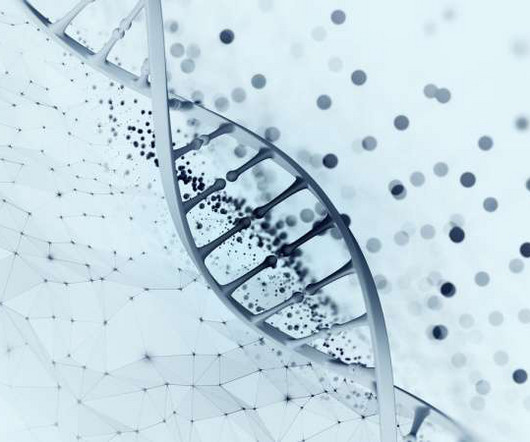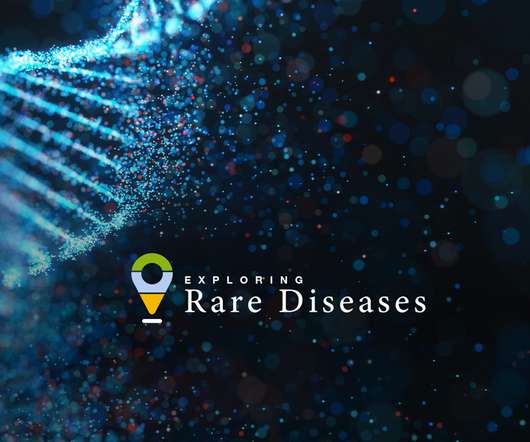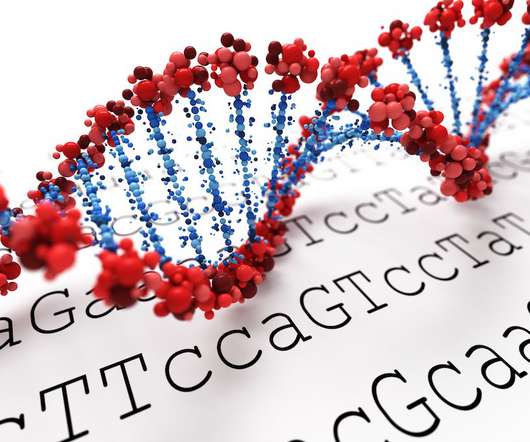Junk DNA: How the dark genome is changing RNA therapies
Drug Discovery World
AUGUST 16, 2023
Decoding ‘junk DNA’ The Human Genome Project and subsequent studies discovered that most of our DNA (approximately 98%) does not actually code for proteins, with humans having approximately 20,000 tox 25,000 protein-coding genes. This leads to potentially severe, debilitating and unbearable toxicities for patients.












Let's personalize your content